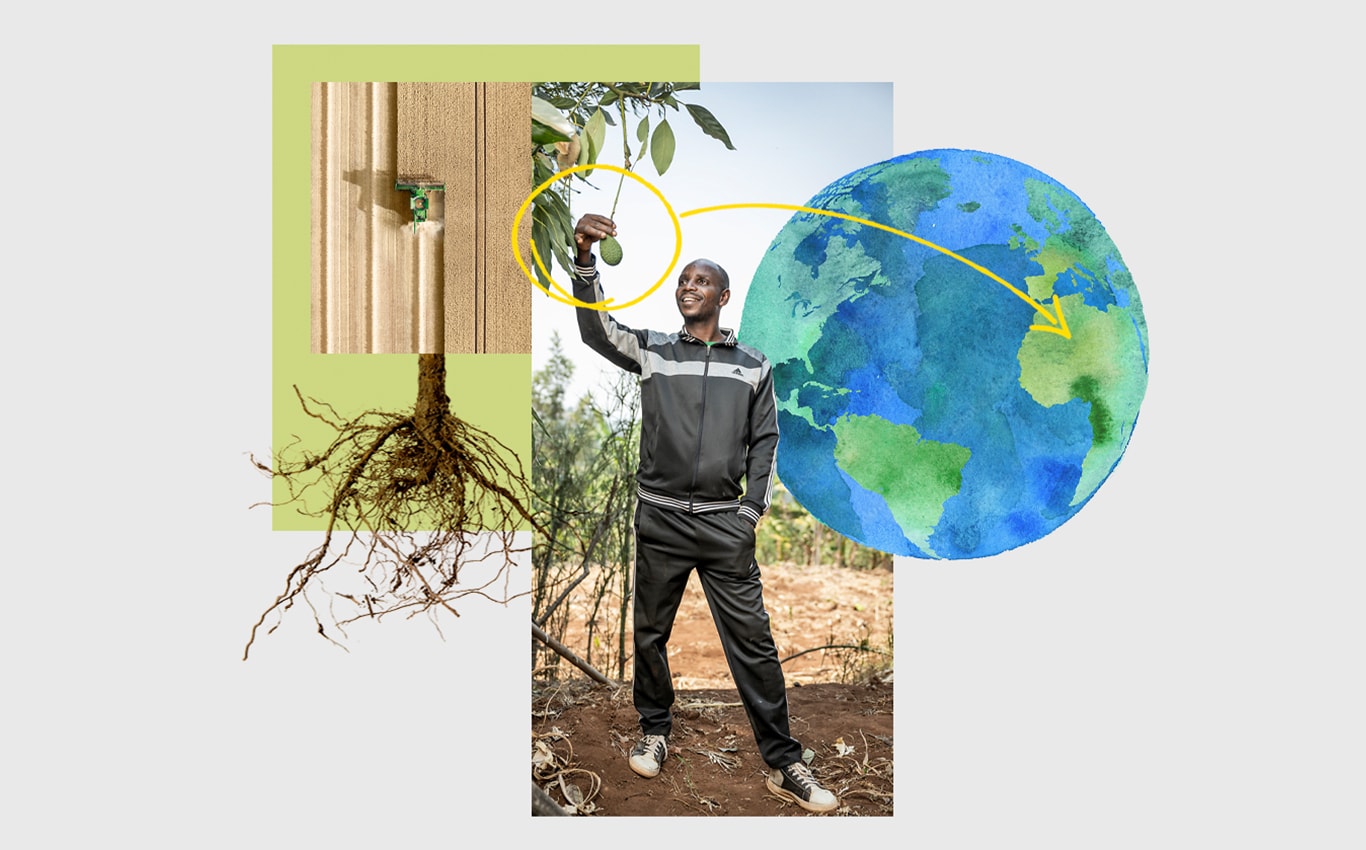


2023 Business Impact Report
The 2023 Business Impact Report highlights John Deere’s efforts to create sustainable outcomes for customers, employees, shareholders, and communities around the world. The report also details our financial performance, and expands on our progress toward achieving our Leap Ambitions.

Leap Ambitions
Our Leap Ambitions, released in February 2022, are focused goals designed to boost economic value and sustainability for our customers. We’ve committed to achieving these goals within four-year (2026) and eight-year (2030) periods.